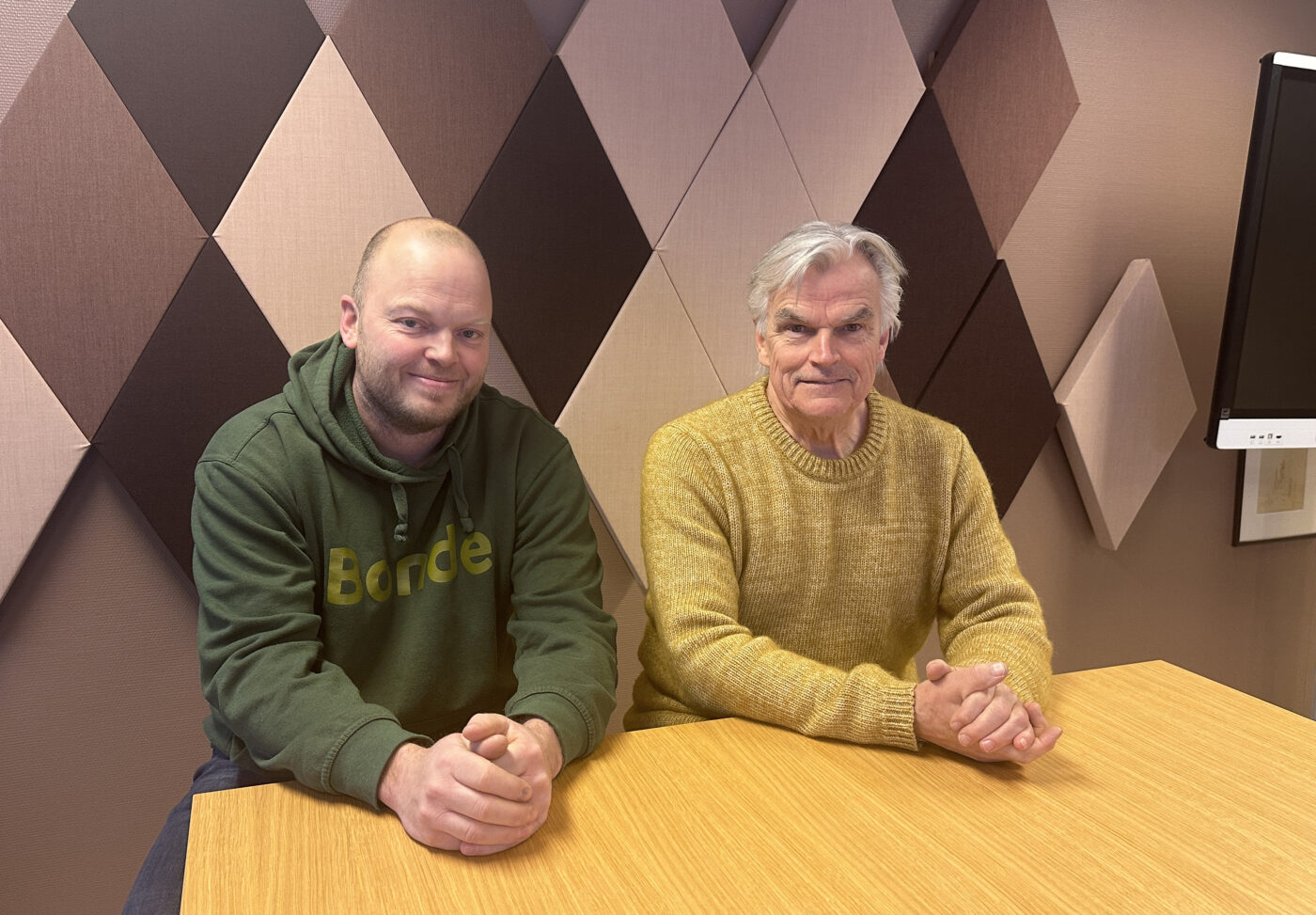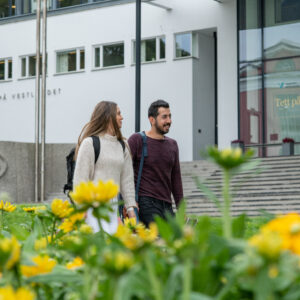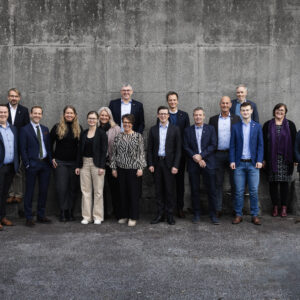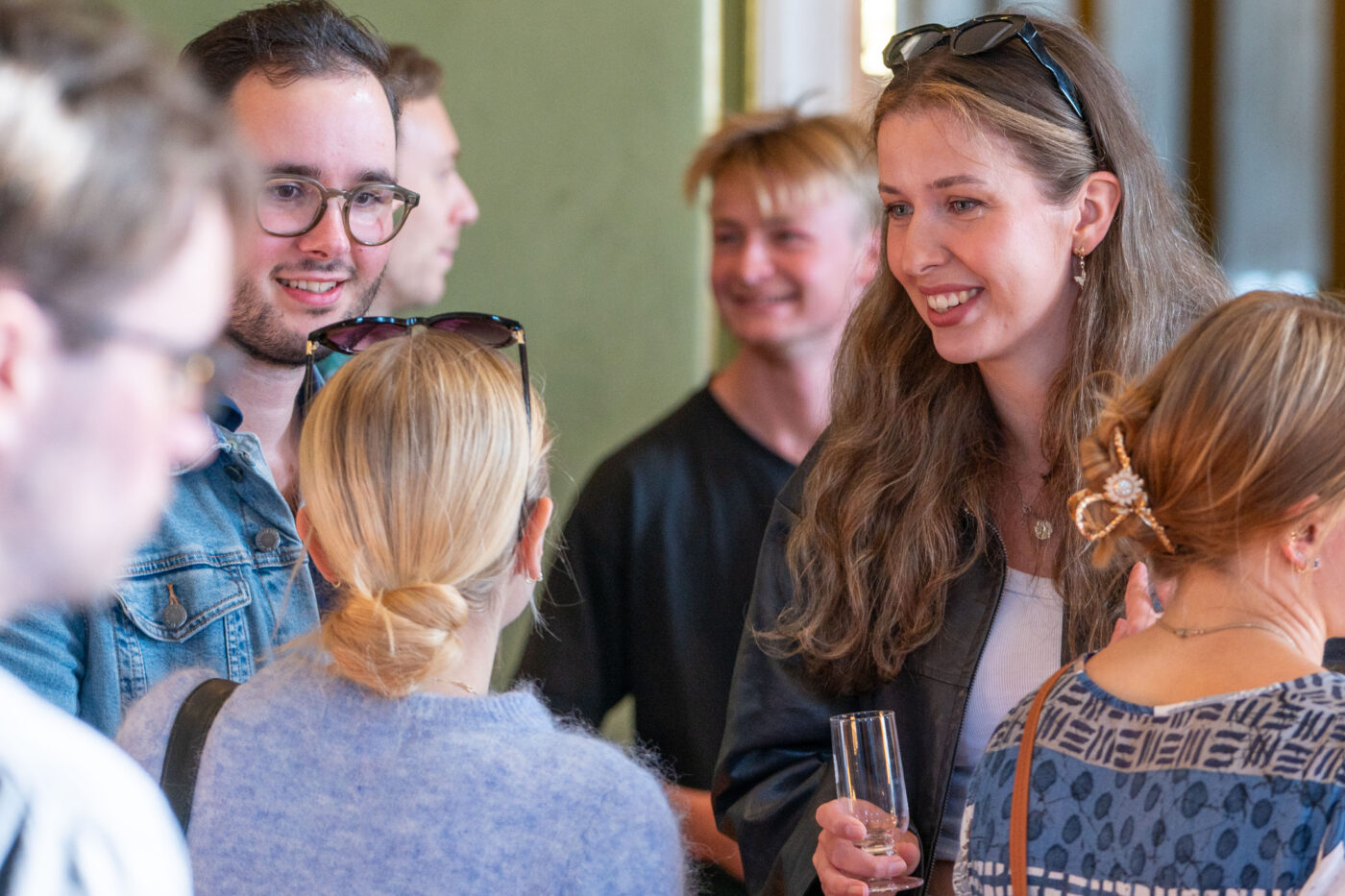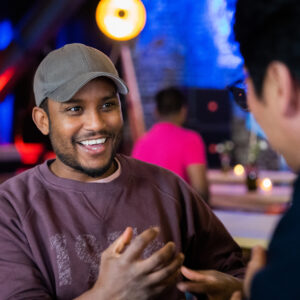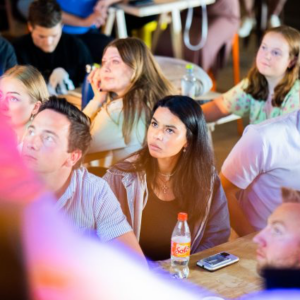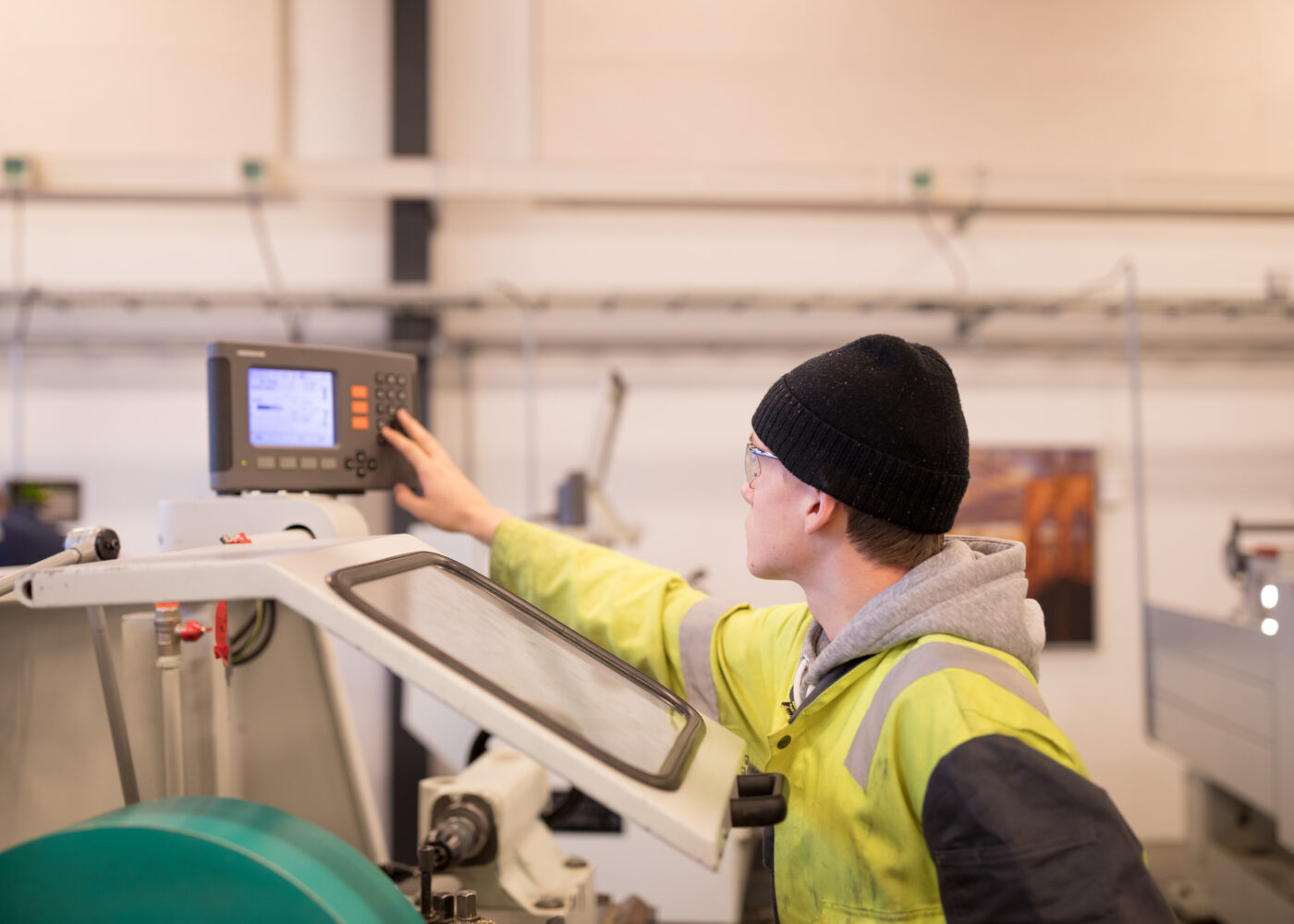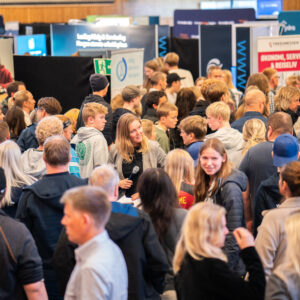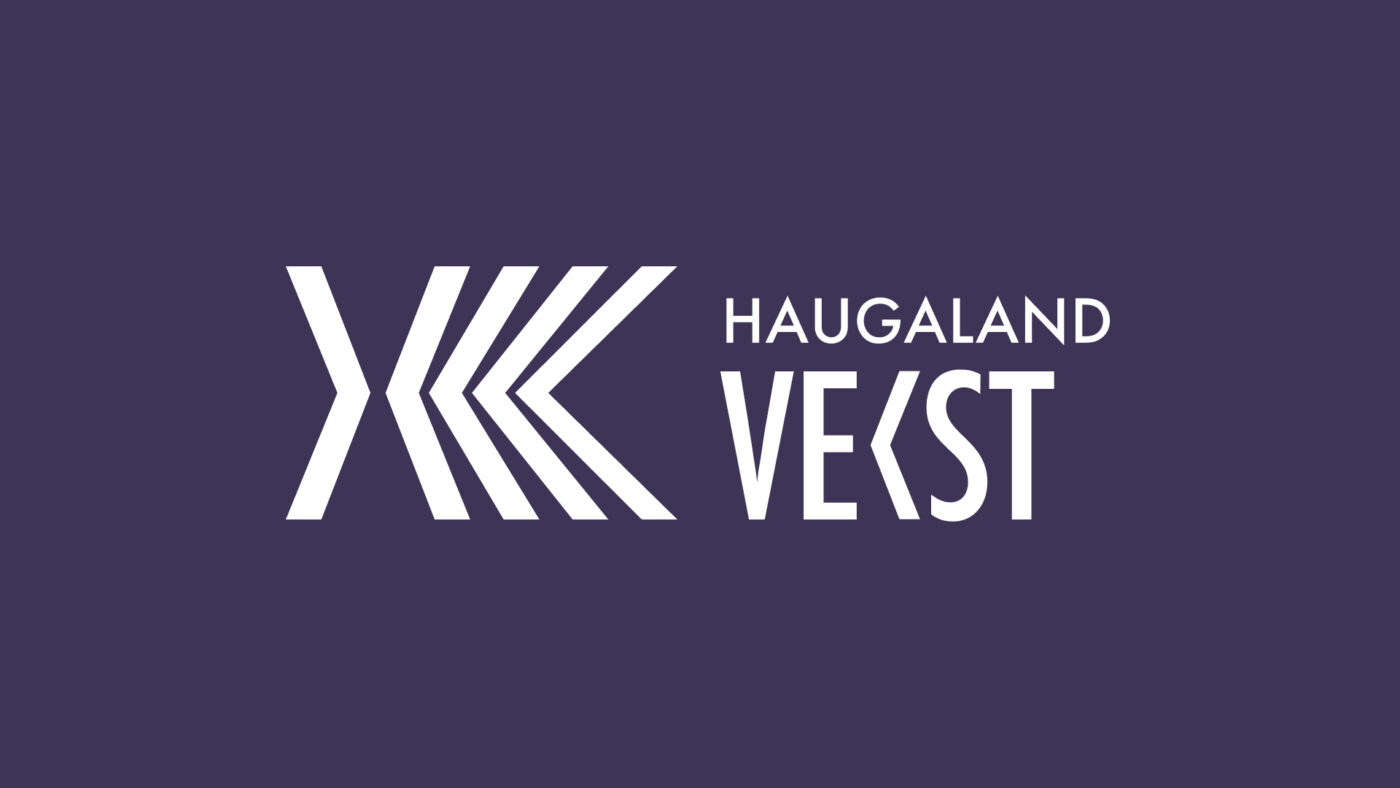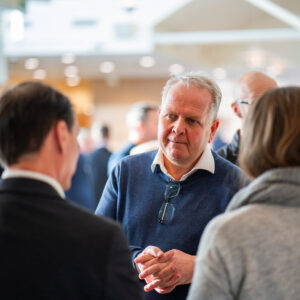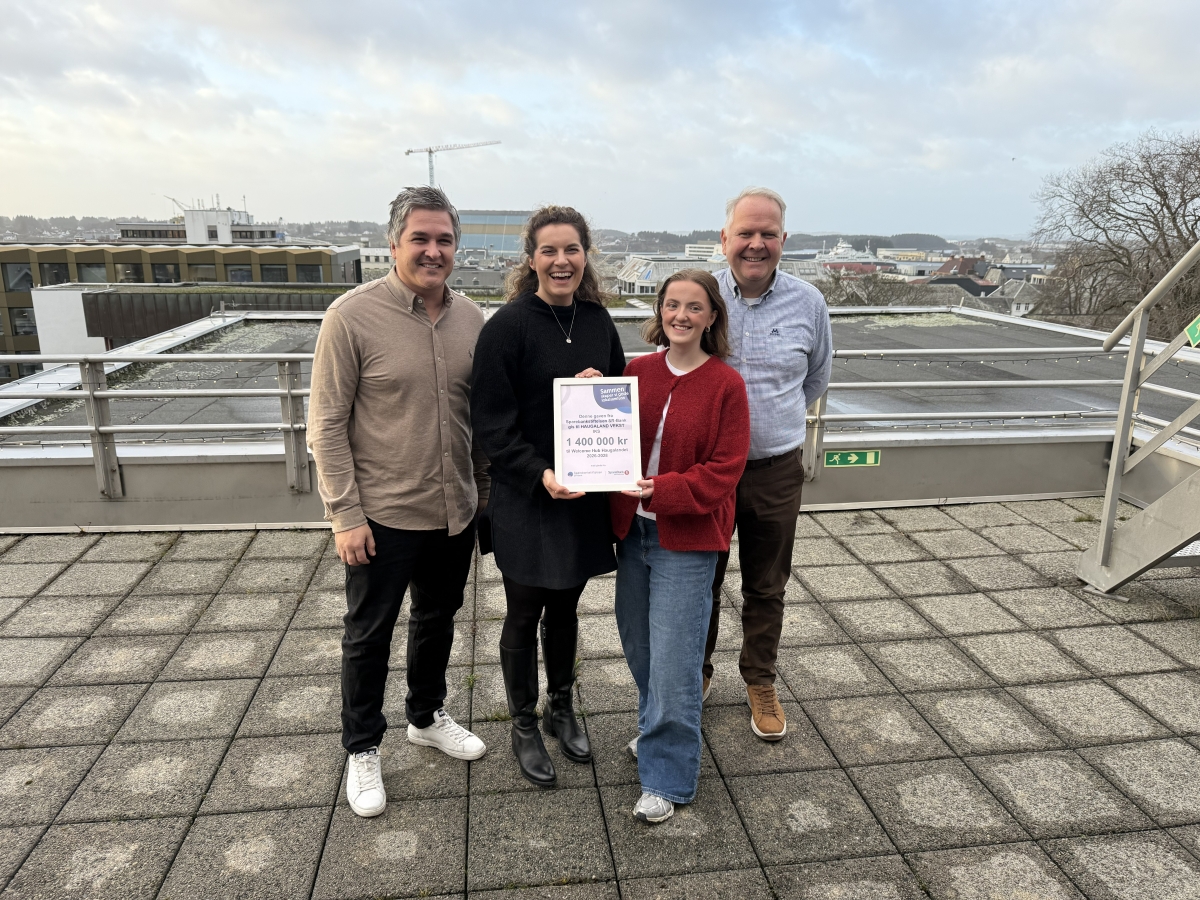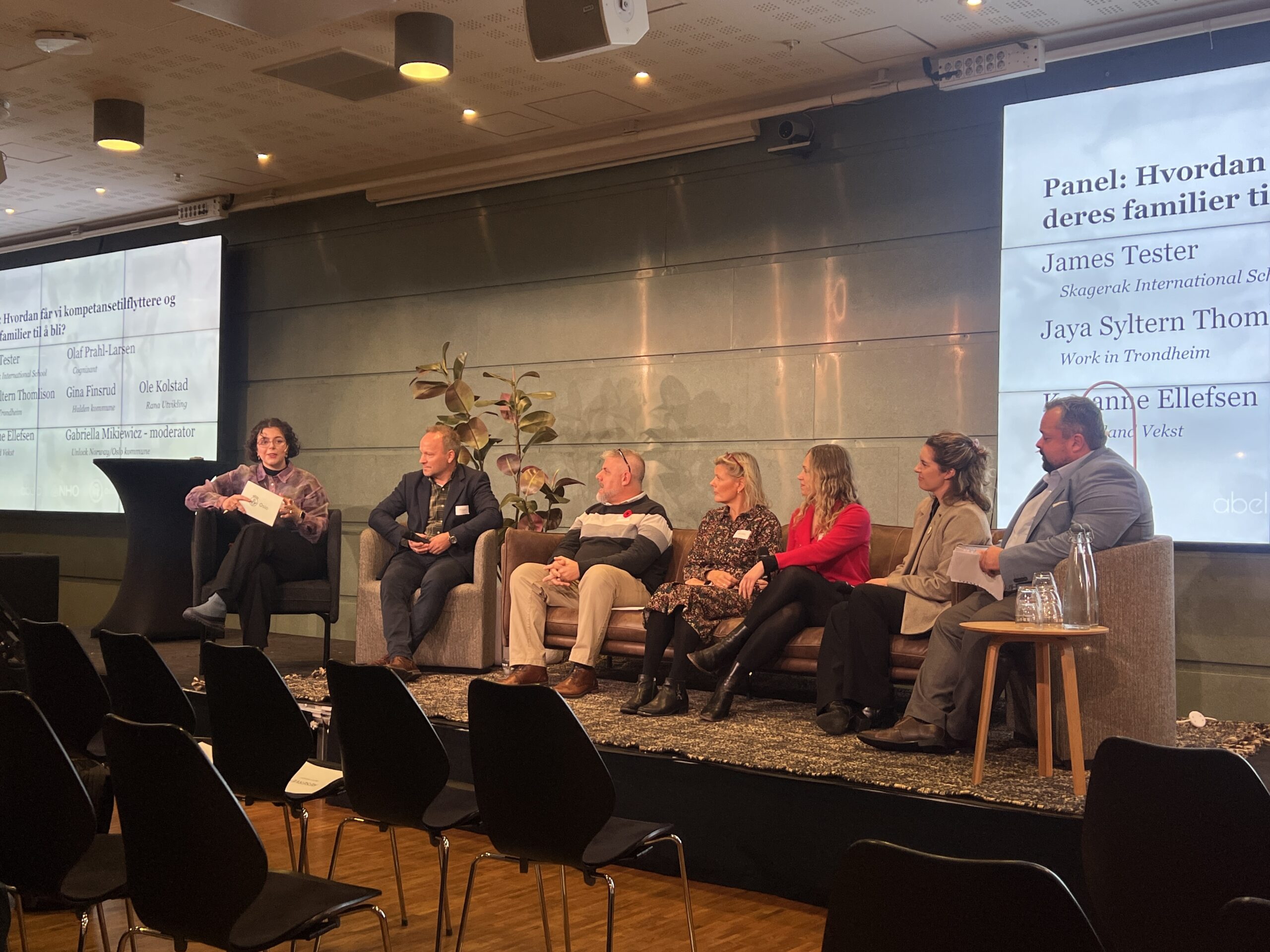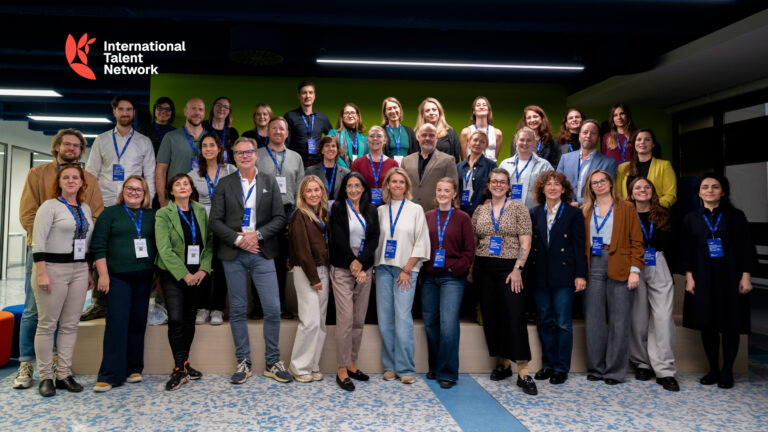Talent meeting in Bologna: International co-operation for local talent work
Representatives from across Europe met in Bologna on 28-30 October to share experiences on how regions can attract, include and retain international talent. The gathering in Italy provides new inspiration for efforts to strengthen Haugalandet as an attractive region to live and work in – and a place where people want to stay.
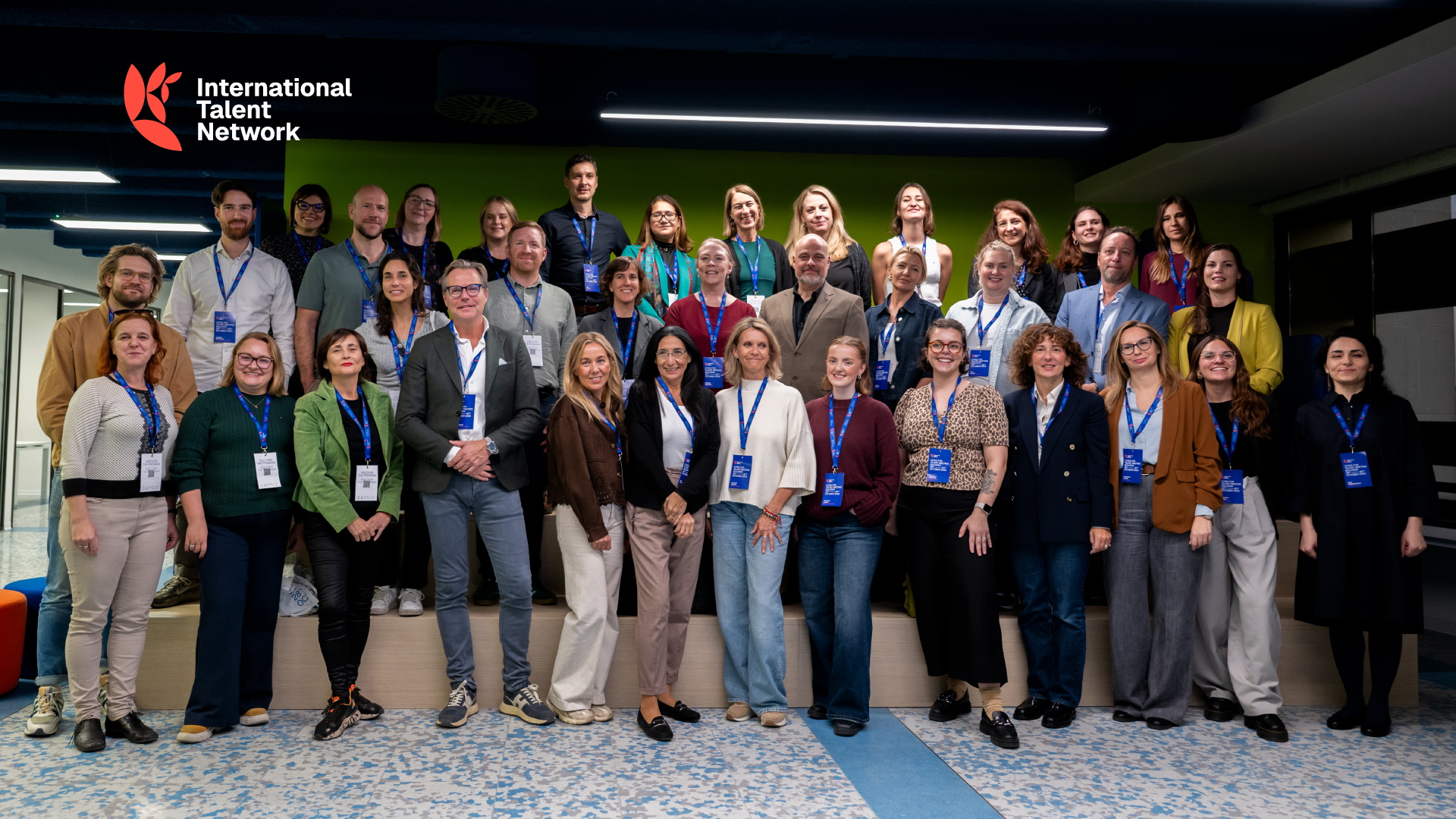
Knowledge sharing across borders
Cities for Talent Meeting is an annual meeting organised by The International Talent Network – a European collaboration of cities and regions working to attract and retain international talent. Participants meet to share experiences, discuss common challenges and develop new initiatives.
Haugaland Vekst recently became part of the network through Talentsamarbeidet (the Talent Collaboration). Veslemøy Heggen attended this year’s meeting in Bologna on behalf of Haugaland Vekst and the Southwest Norway collaboration, together with representatives from the Netherlands, Finland, Spain, Sweden, Germany, the Czech Republic and Italy, amongst others.
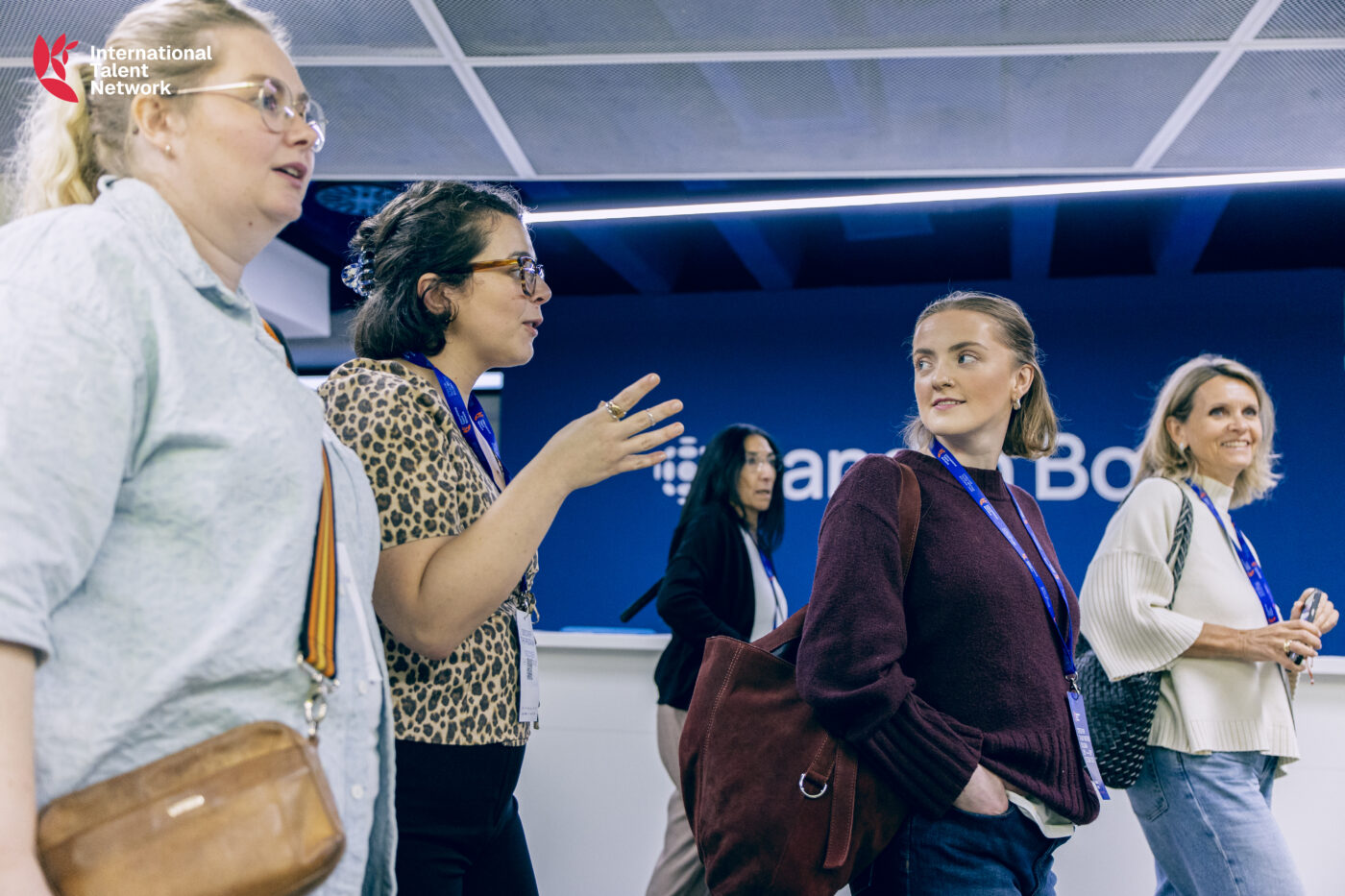
– It was incredibly exciting and insightful to meet people from all over Europe who are working on the same questions as us: How can we attract international expertise and how do we help people thrive and stay? We share many challenges, but also many opportunities, says Heggen.
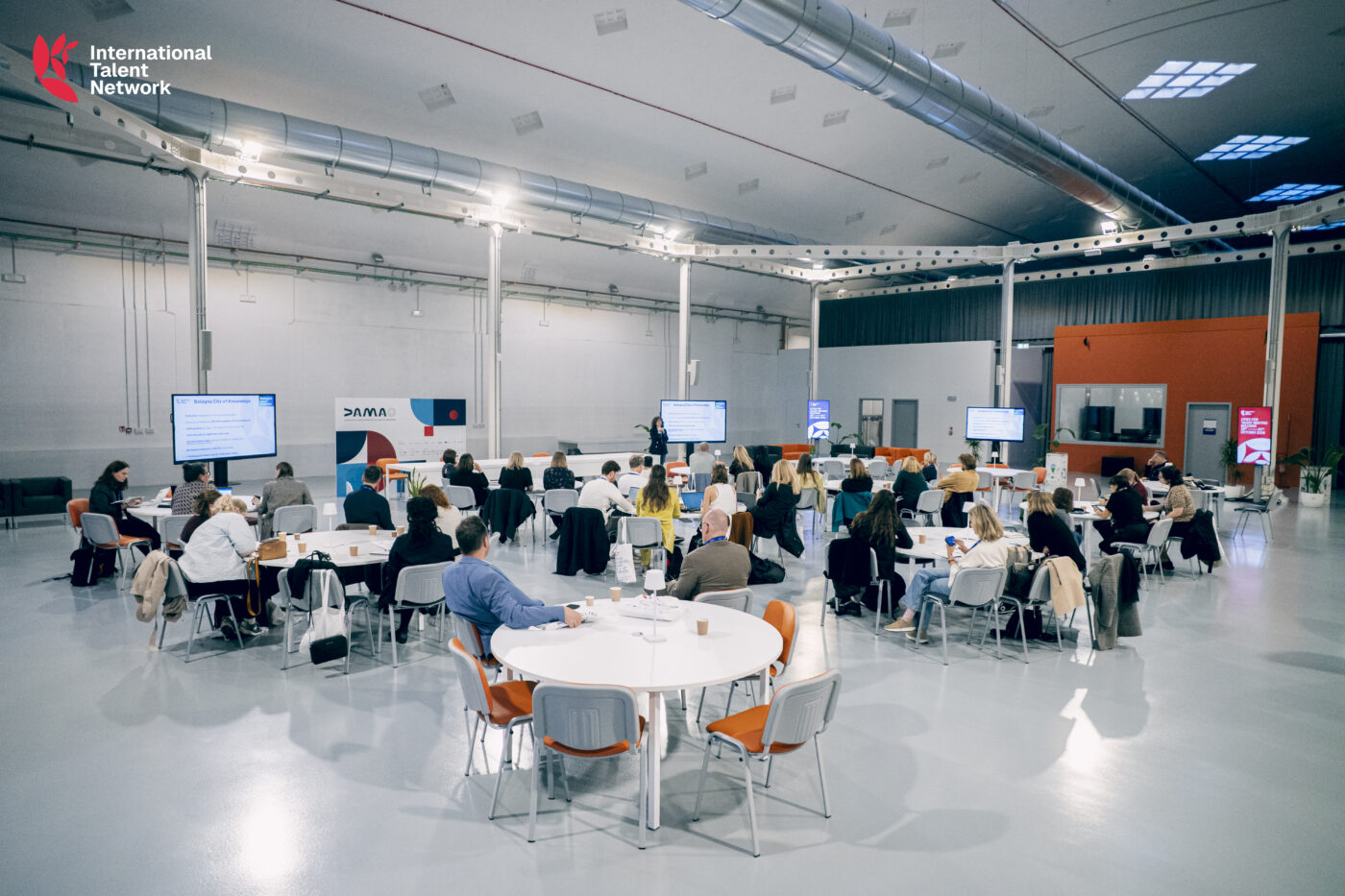
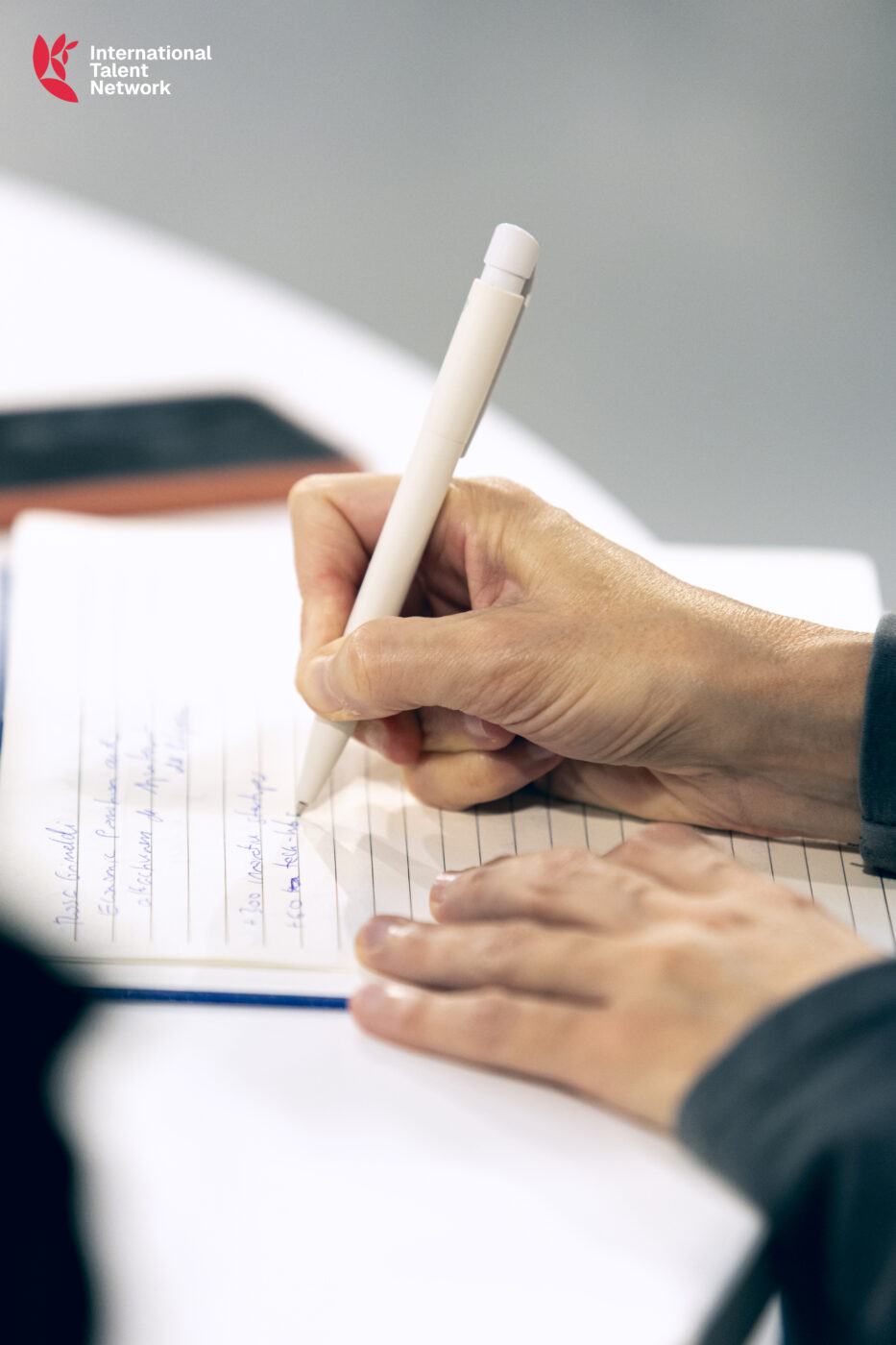
The gathering included presentations, working groups and study visits to various exciting locations. Here from Bologna Tecnopolo, recently designated by the EU as one of seven AI factories across Europe.
From integration to inclusion
During the meeting, several working groups were held on various topics, including what it takes for international newcomers to thrive and want to stay.
– We talked a lot about the difference between integration and inclusion. You can learn the language and still feel left out. That’s why it’s not just about practical facilitation, but about creating meeting places where people can build relationships and find a sense of belonging, says Heggen.
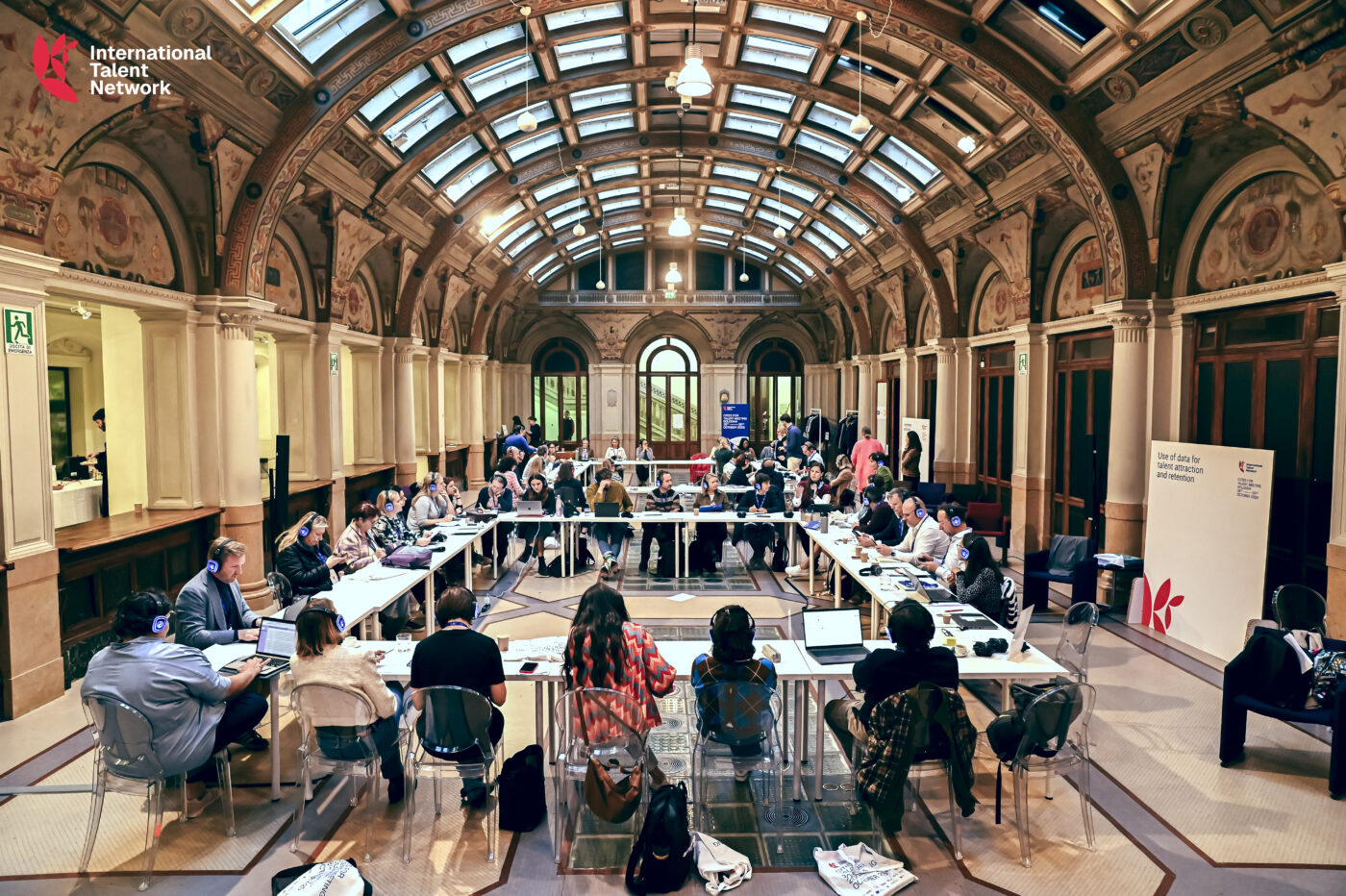
Happy spouse, happy house
A separate working group addressed programmes for accompanying partners of migrant workers. The group was led by representatives from the International Citizen Hub Lund in Sweden, who shared experiences from their Kick-Start programme.
– It was inspiring to see how much of a difference such programmes can make, not just for the partner, but for the whole family. “A happy spouse makes a happy house,” as someone said with a twinkle in their eye. It’s about seeing the whole person, not just the employee, says Heggen.

Common goals – different strengths
For a smaller country like Norway, it was also useful to see how other regions work on a larger scale.
– Several people I spoke to described their cities as small, with “only” 200,000 inhabitants – which is Norway’s fourth largest city. We’re small by European standards, but that also has its advantages. Collaboration paths are shorter, and we can often work more closely across levels and sectors.
A recurring theme at the meeting was the importance of recognising the region’s uniqueness and strengths. Many countries market themselves with similar messages – such as beautiful scenery and rich cultural life – but the key lies in showcasing what sets each region apart.
– It’s important to understand what makes our region special and use this actively in our efforts to attract new people. For Haugalandet, it’s about the business opportunities, quality of life and the short distance between people, emphasises Heggen.
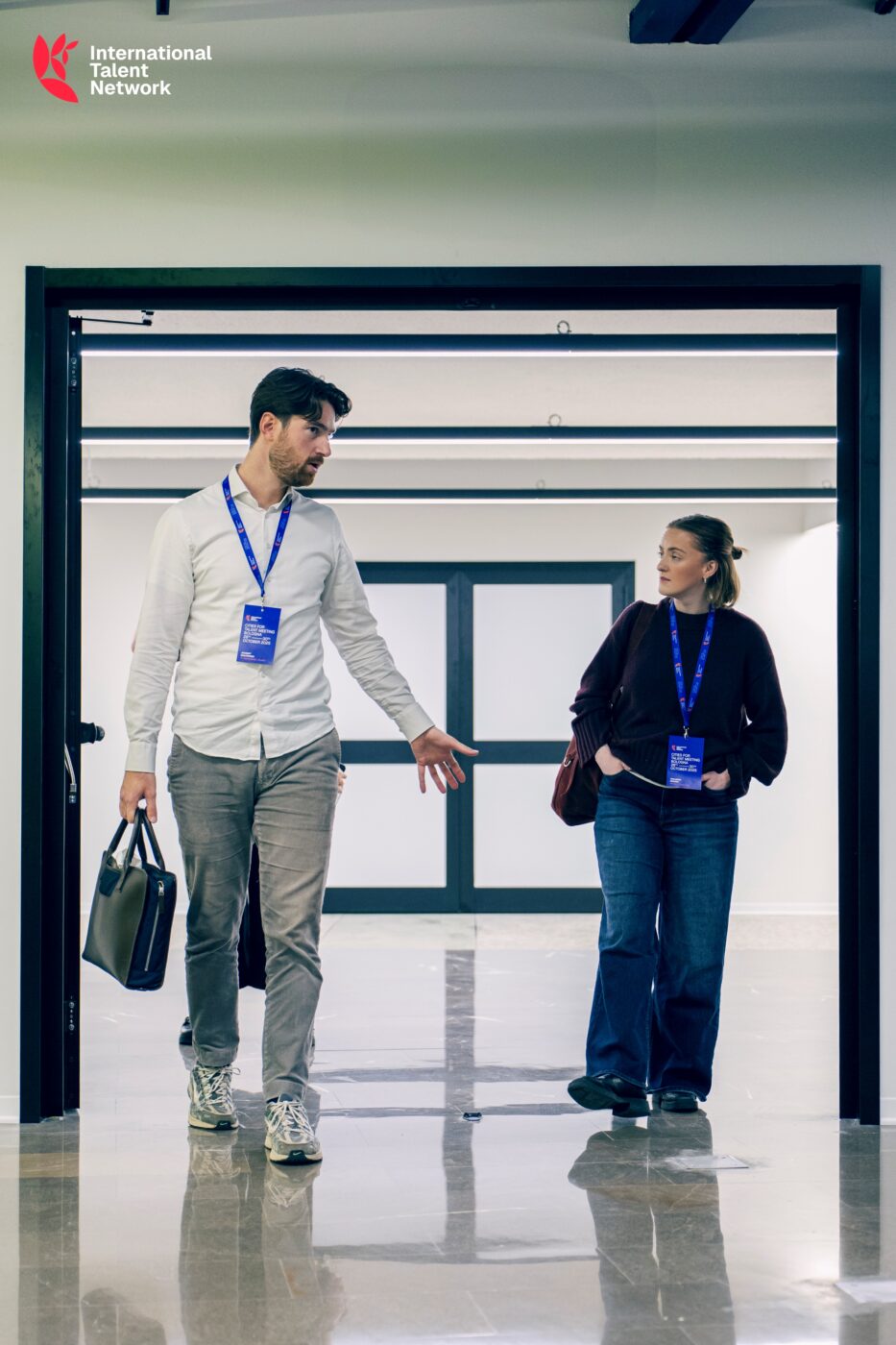

From Bologna to Haugalandet – valuable exchange of experience between regions with different starting points.
Transfer value for Haugalandet
Participation in the programme provides both professional insight and concrete ideas on how Haugalandet can strengthen its attractiveness to international workers and their families. For Haugaland Vekst, the experience will be particularly valuable for the work on Talentsamarbeidet and the development of Welcome Hub Haugalandet, which will be launched in the new year.
– It was valuable to see how other regions organise this work and how they build good ecosystems around newcomers and families. Many of the ideas we discussed can be applied to our own region, for example, how we can support both the employee and the partner moving here, says Heggen.
She also emphasises the value of being part of a larger European network.
– For Haugalandet, it means that we can learn directly from other regions, be visible, share experiences and perhaps collaborate on future projects. It’s both inspiring and strategically useful.
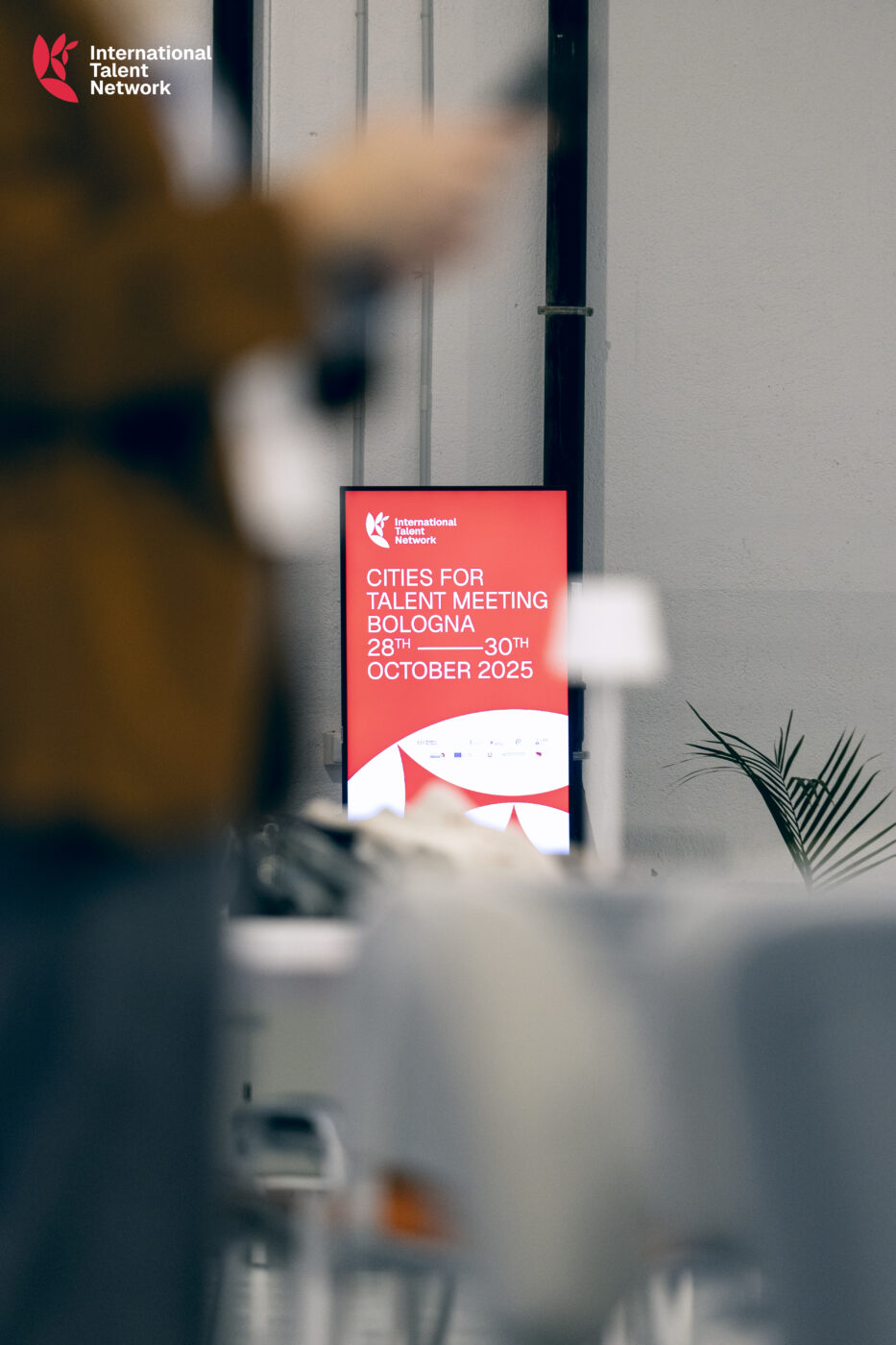
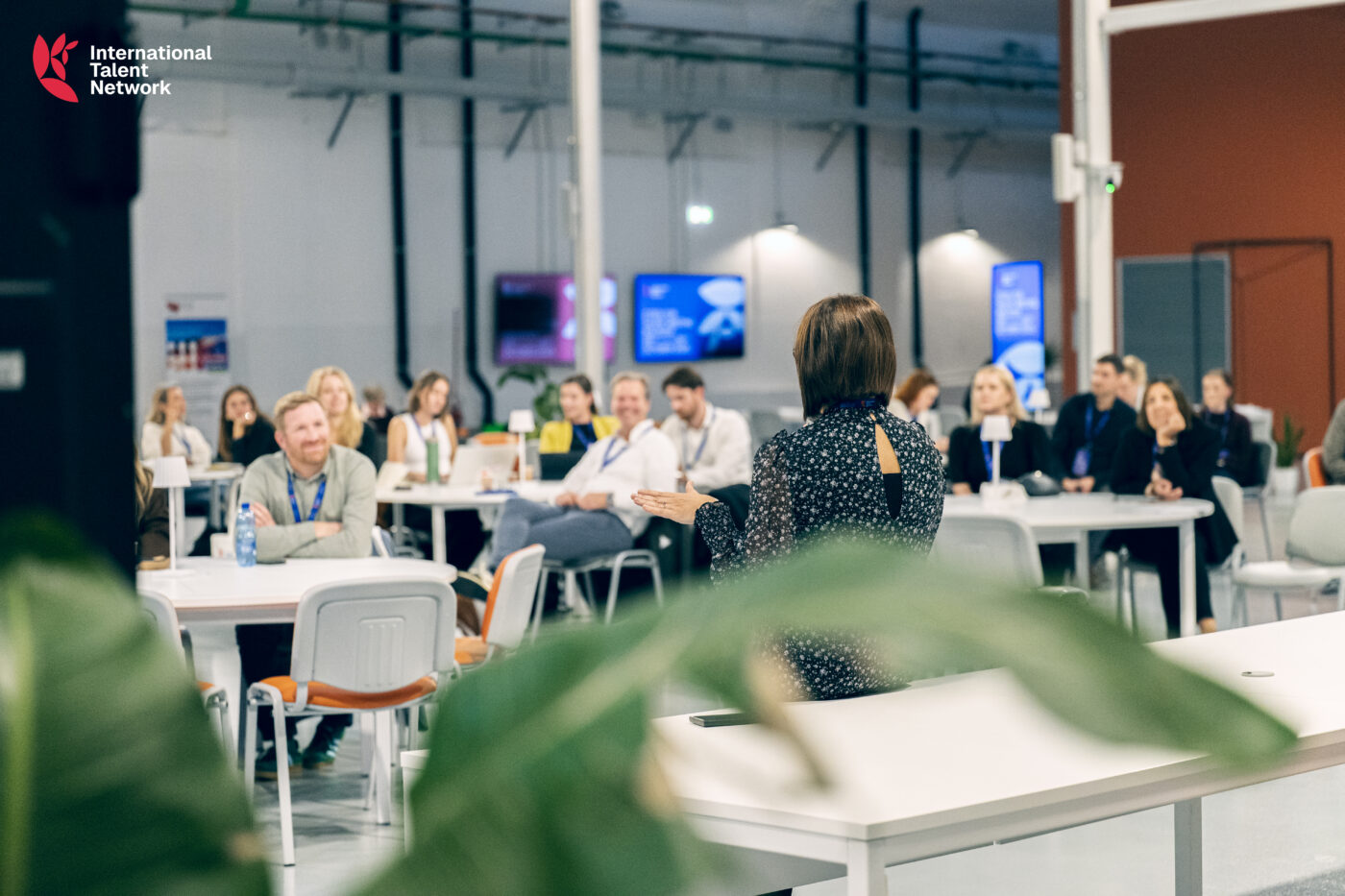
Haugalandet benefits greatly from learning from other regions – both nationally and internationally, for example in the work with Talentsamarbeidet and the Welcome Hub Haugalandet project that will be launched in the new year.
This year’s Cities for Talent Meeting was organised by the Metropolitan City and the Municipality of Bologna, in collaboration with ART-ER and the Bologna for Talent initiative.
